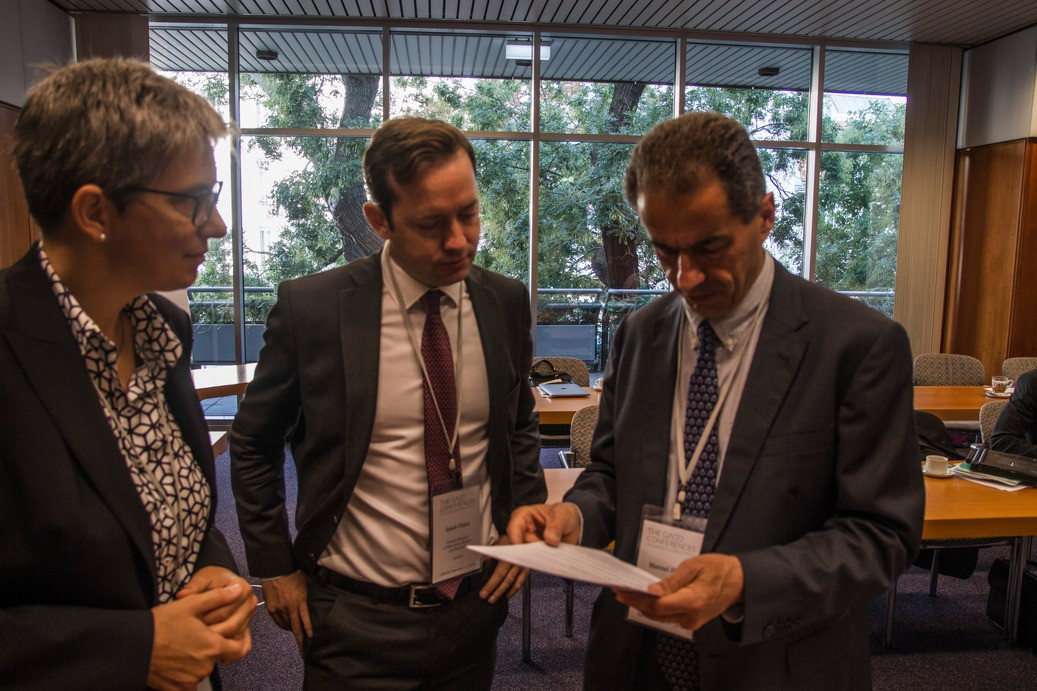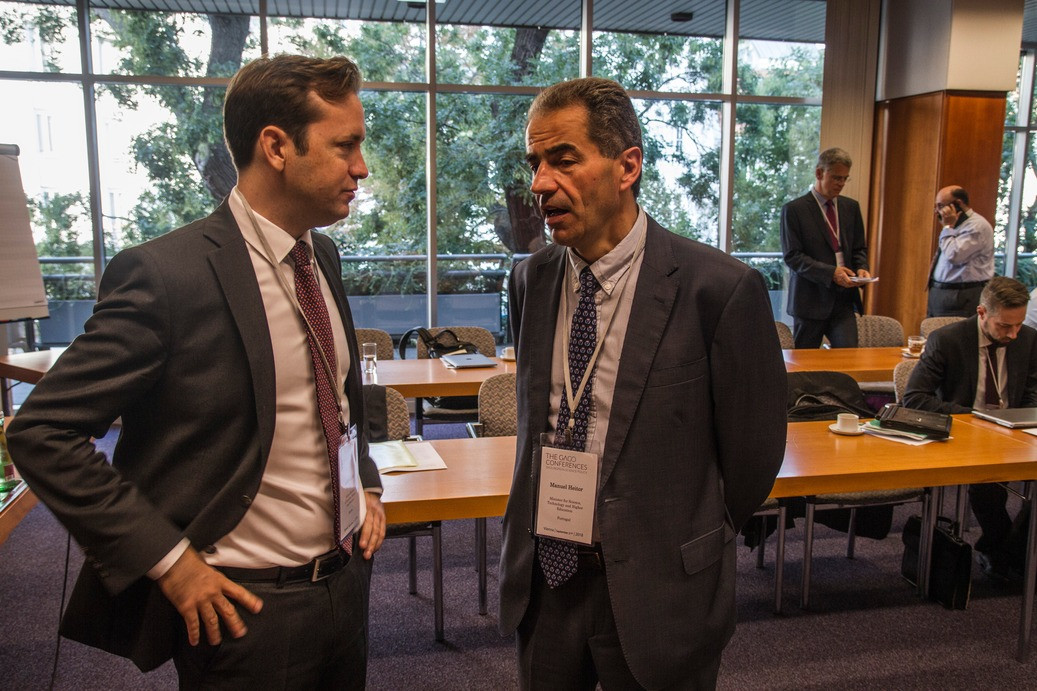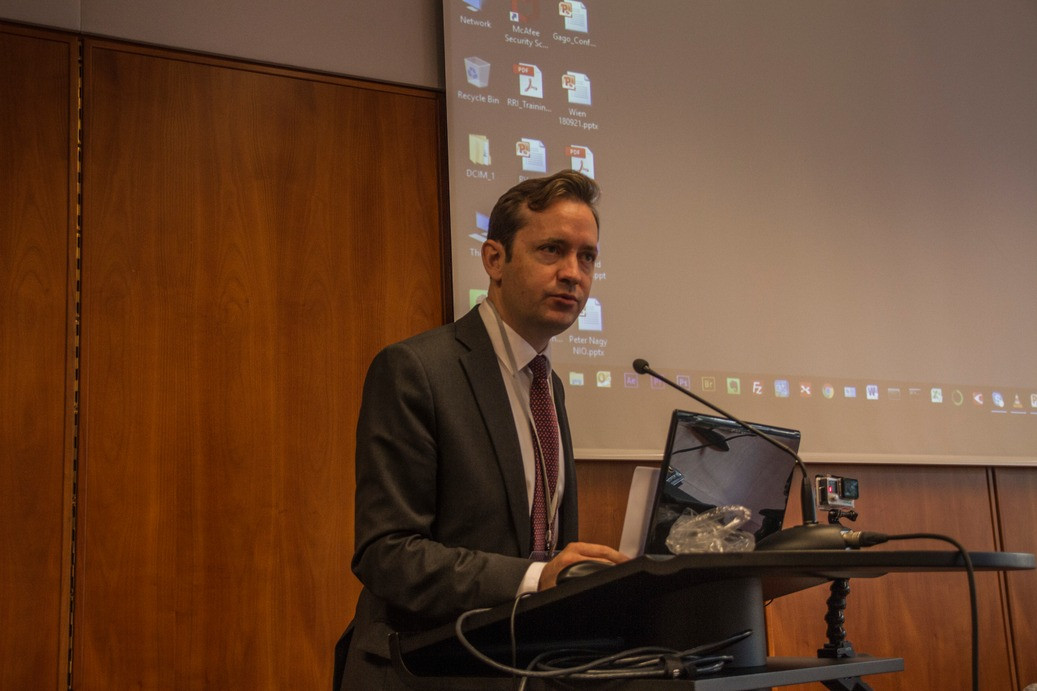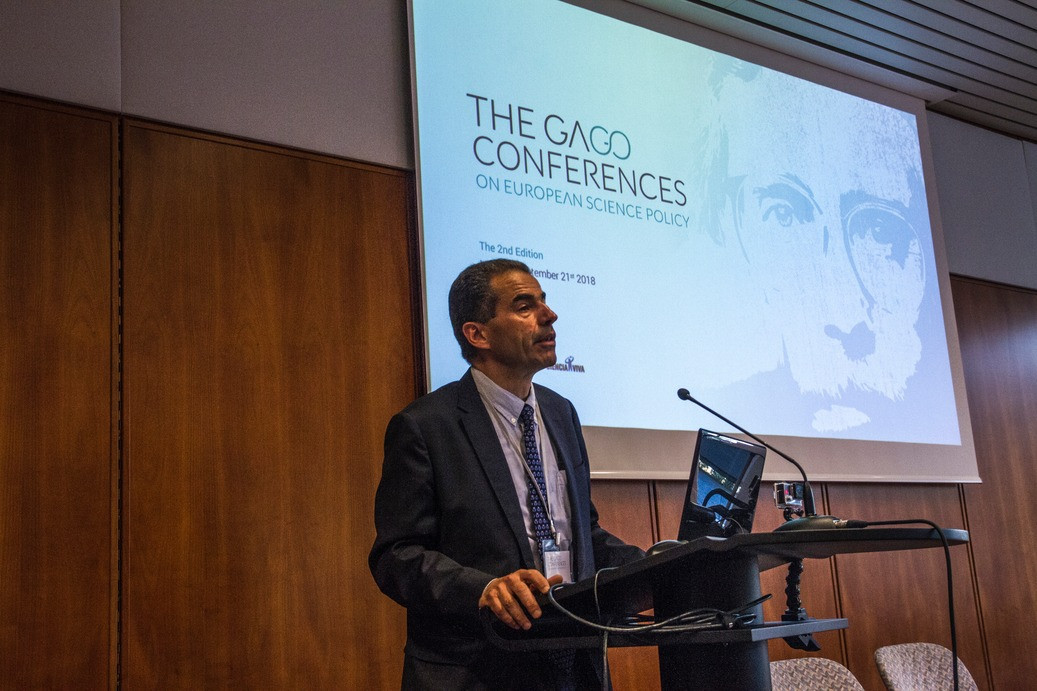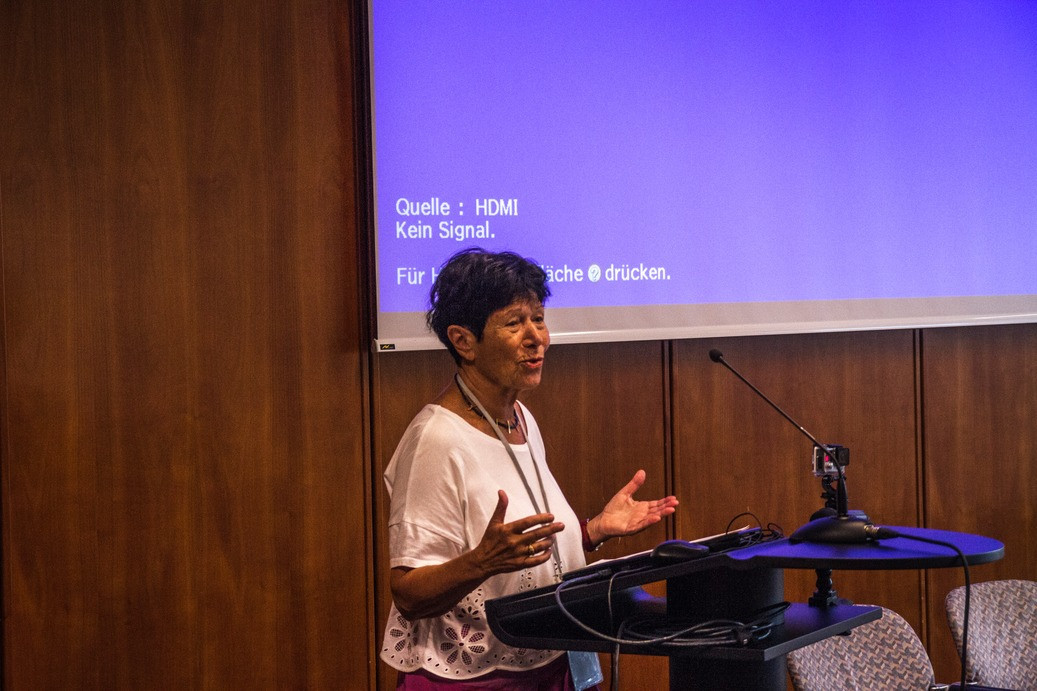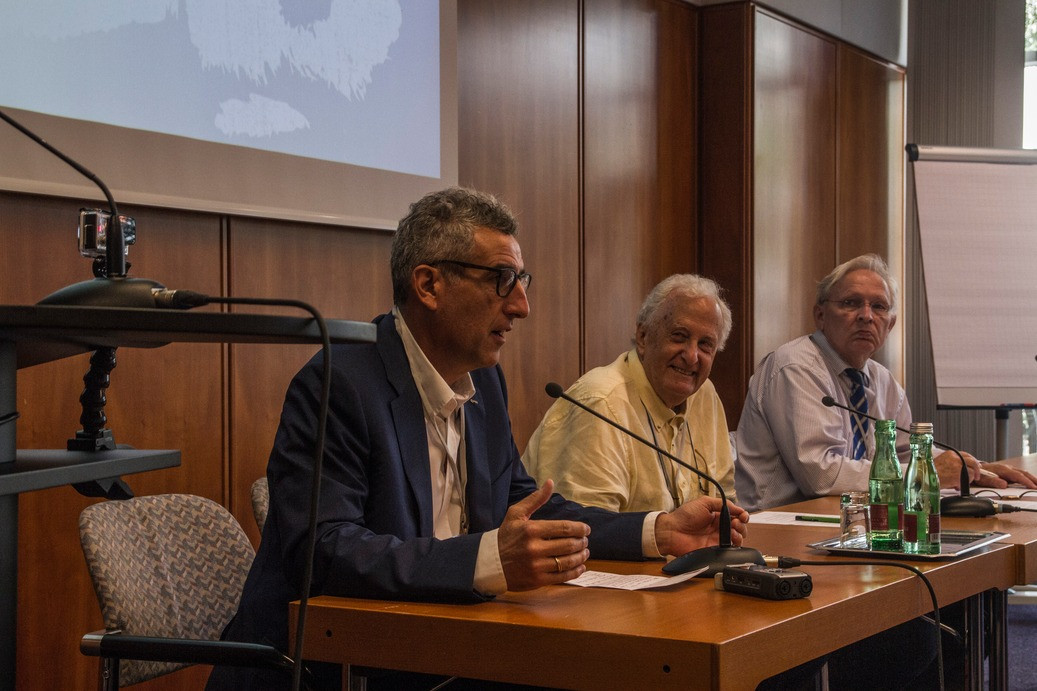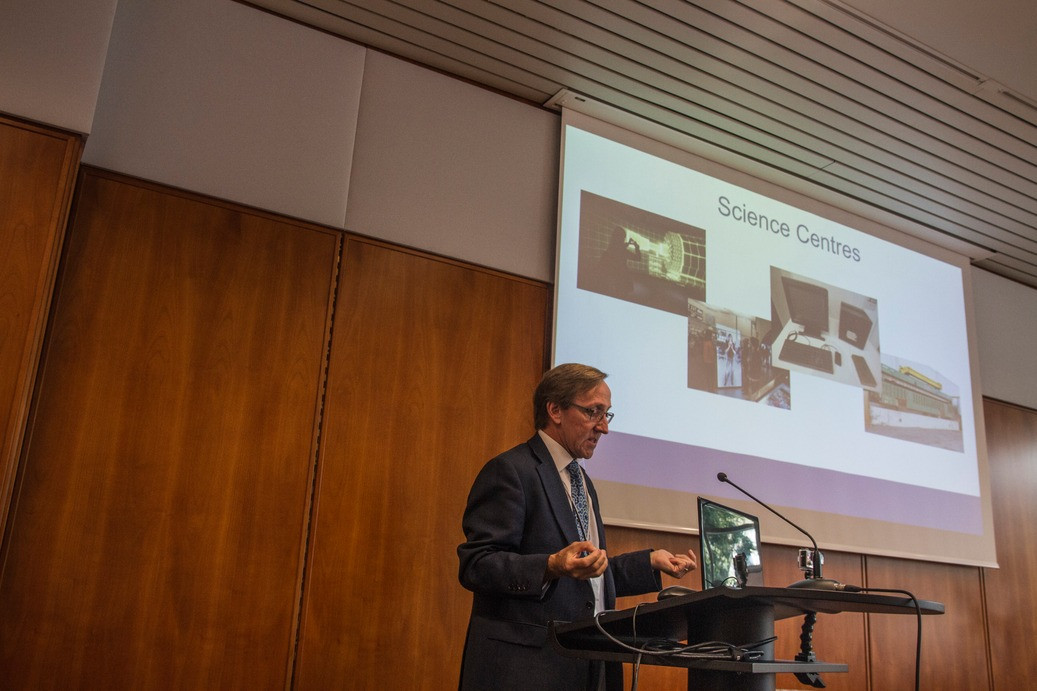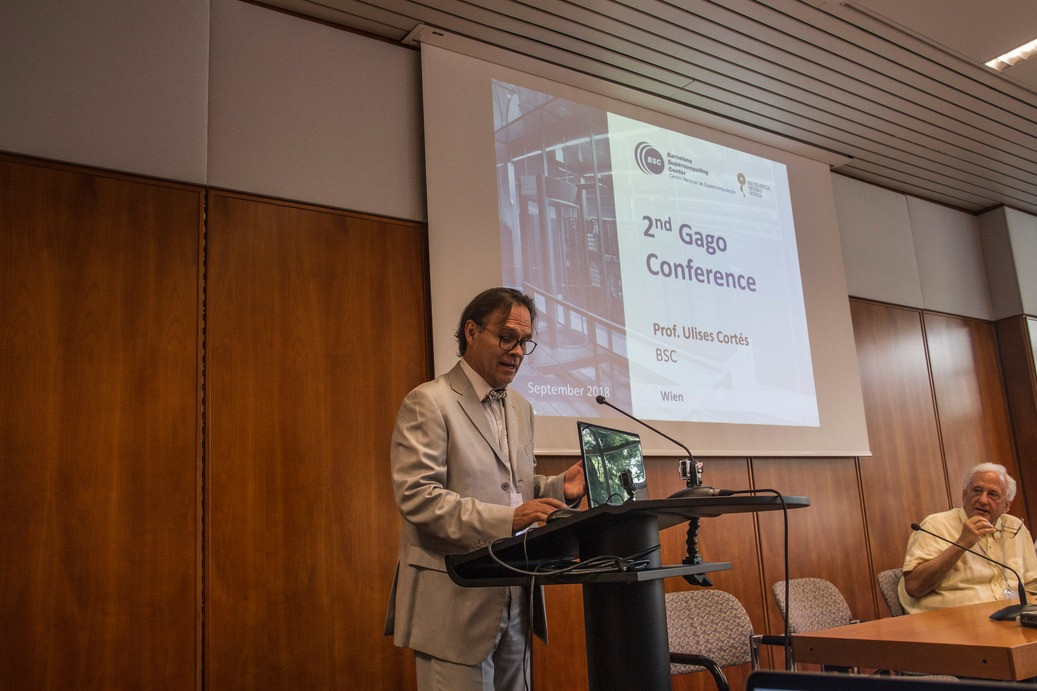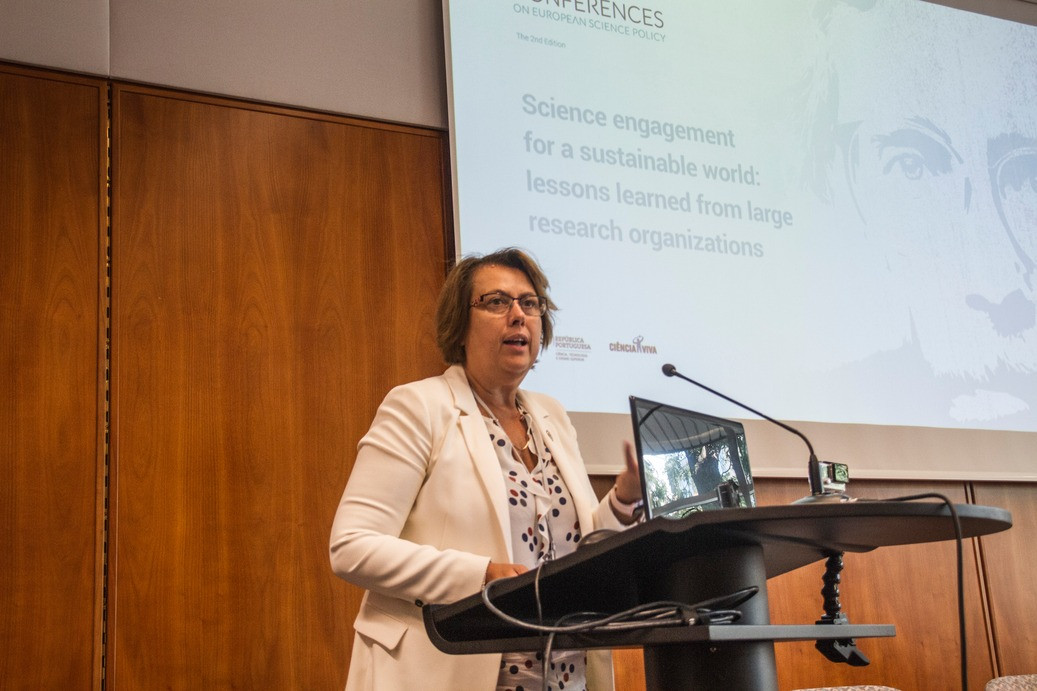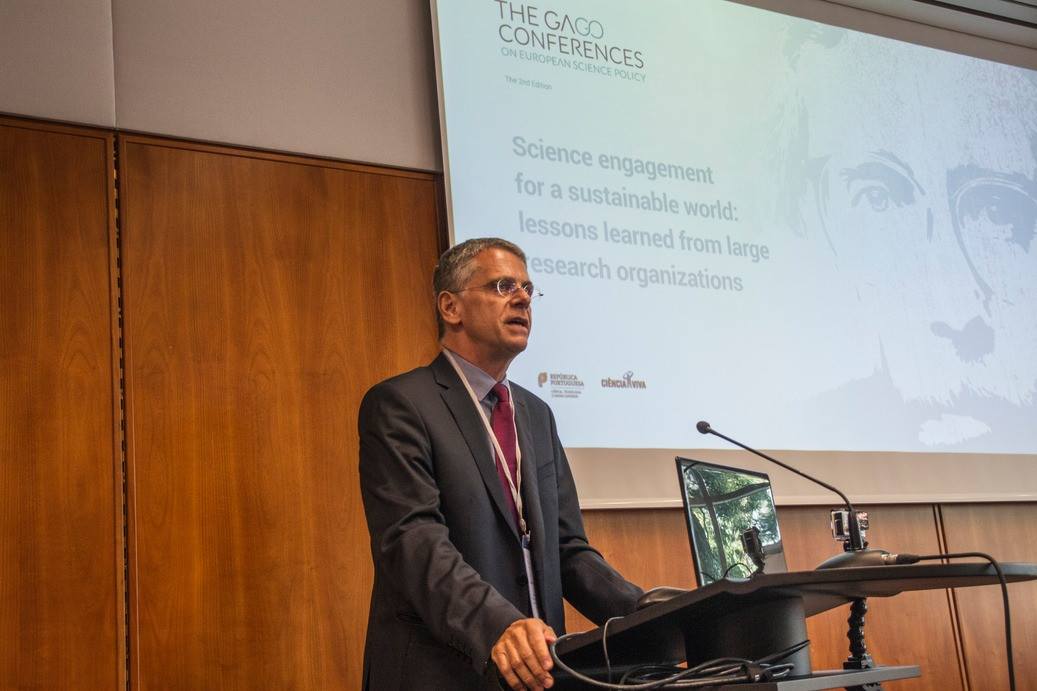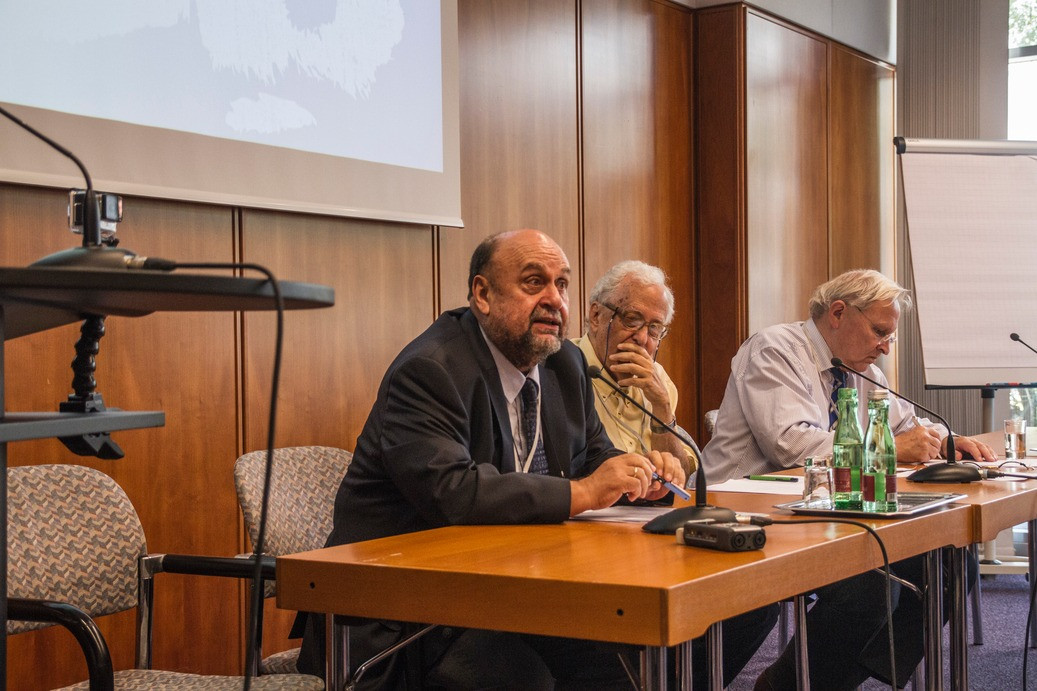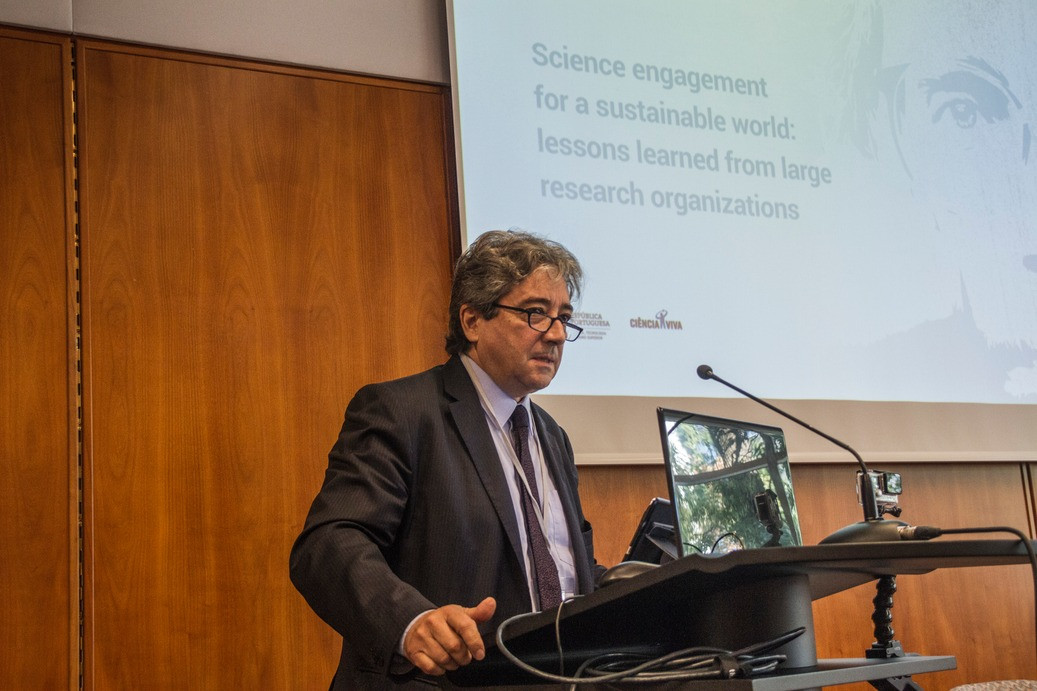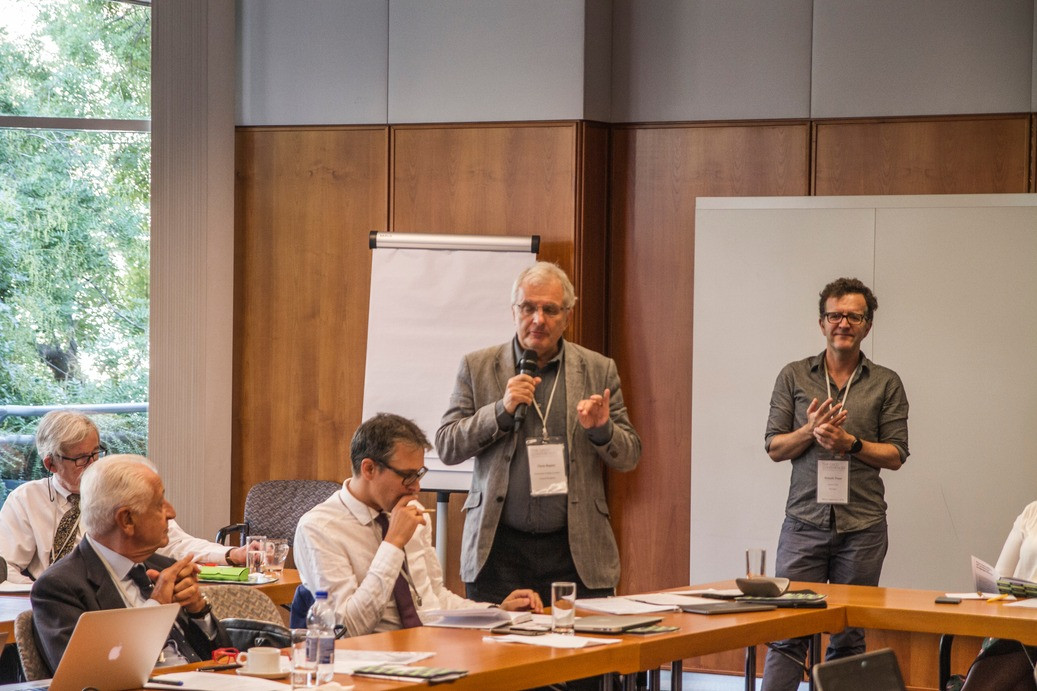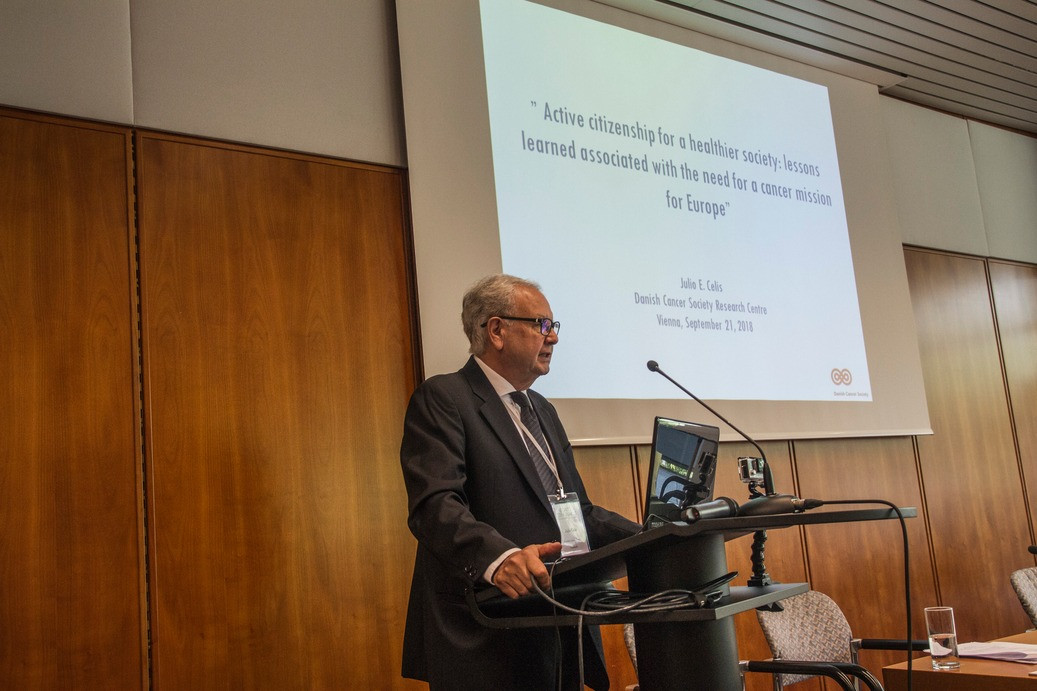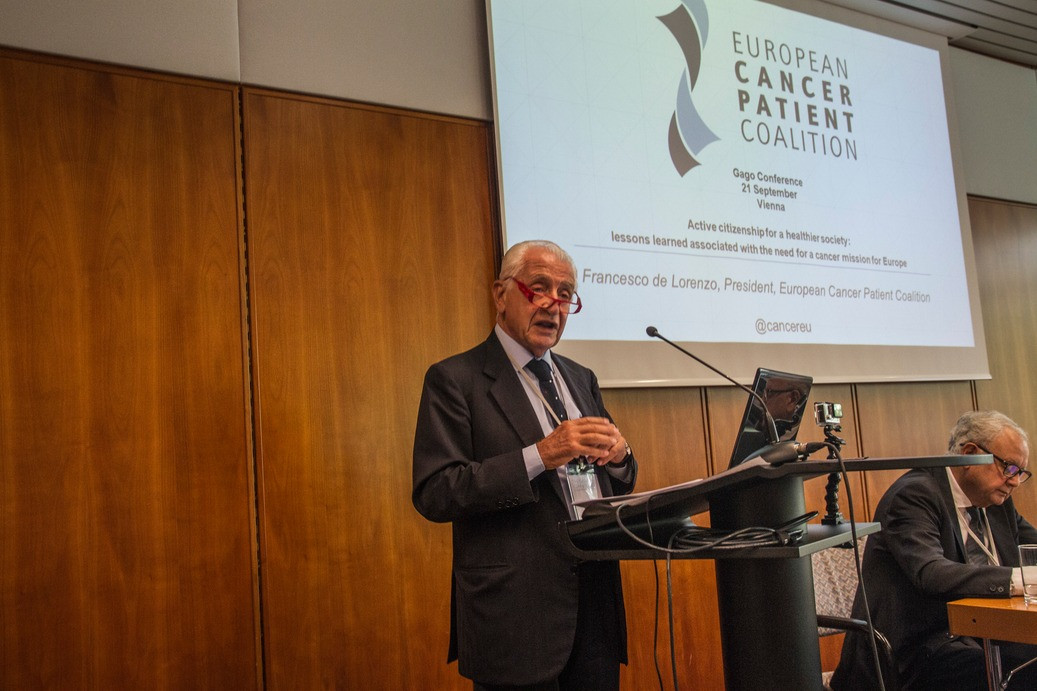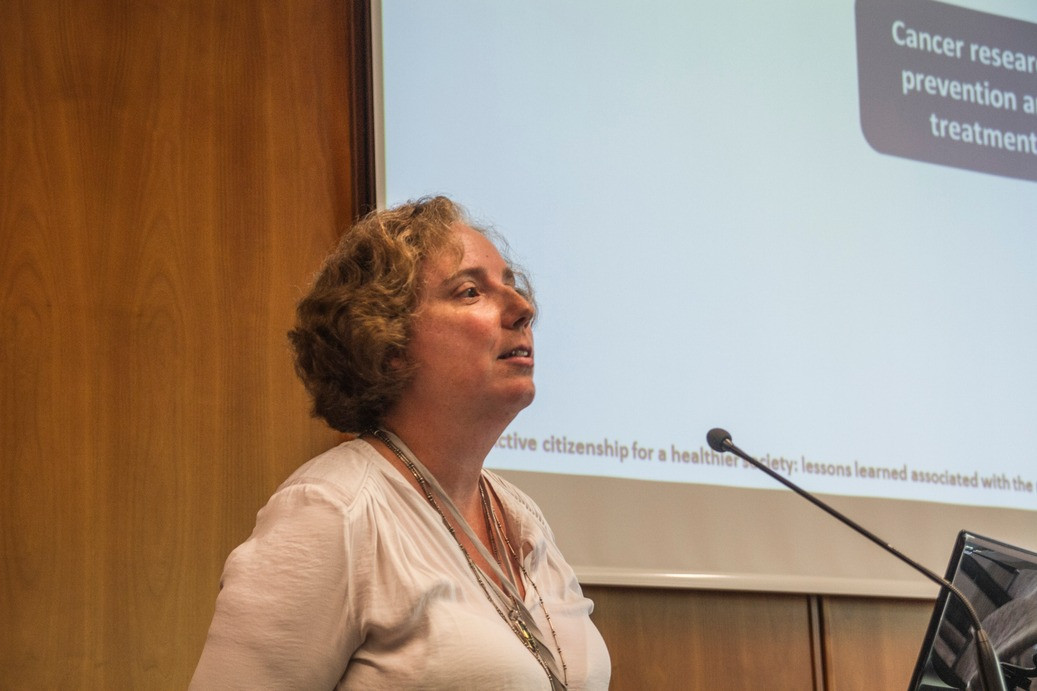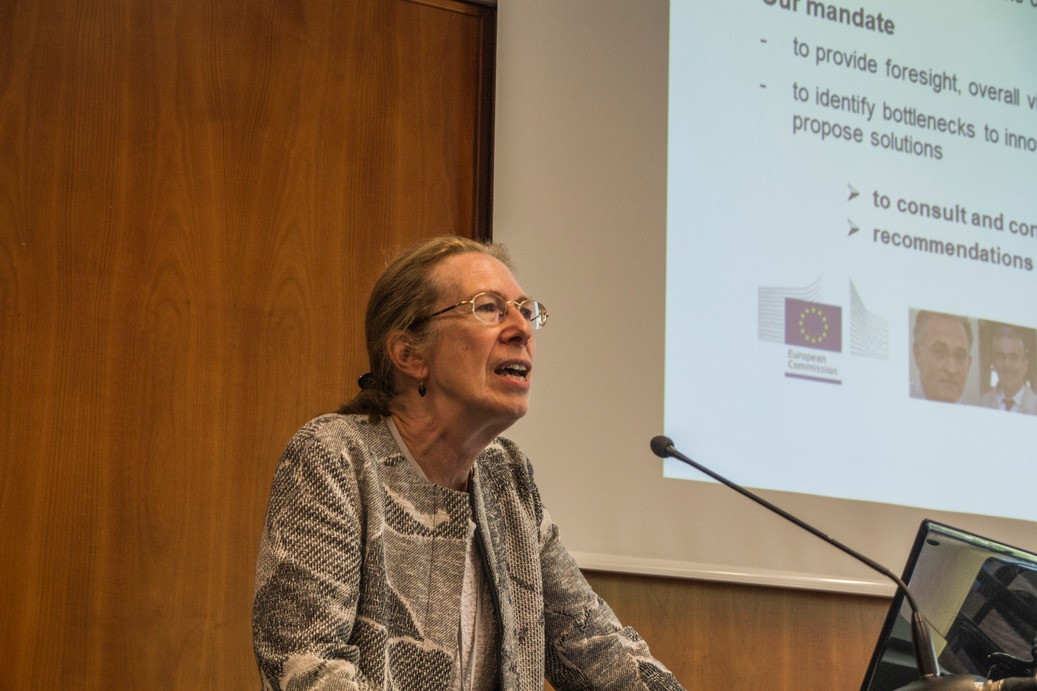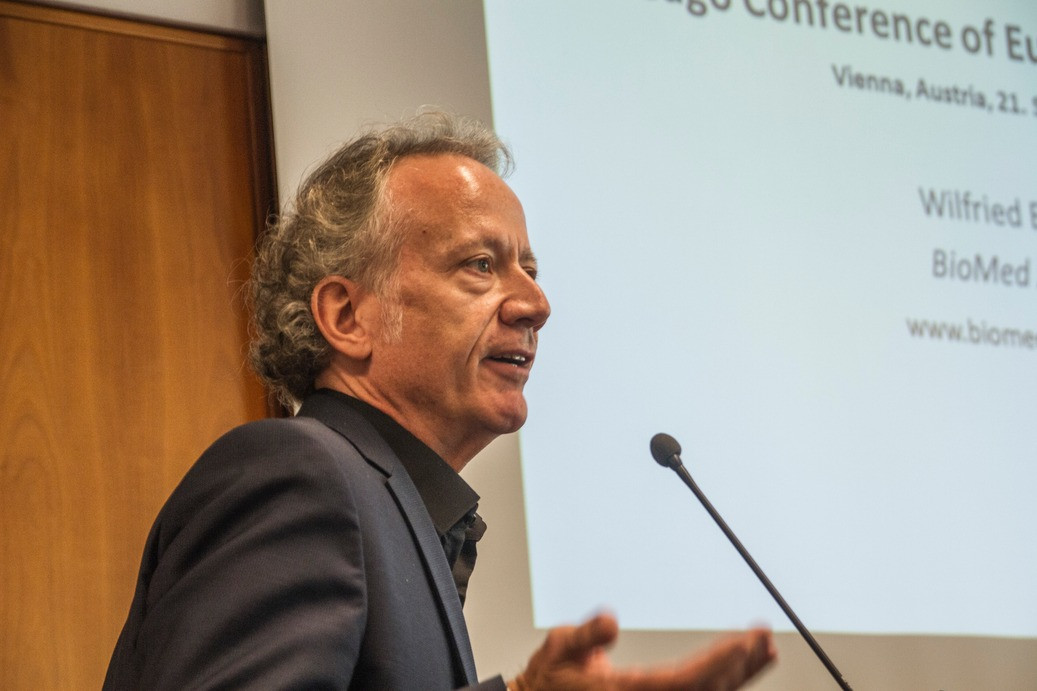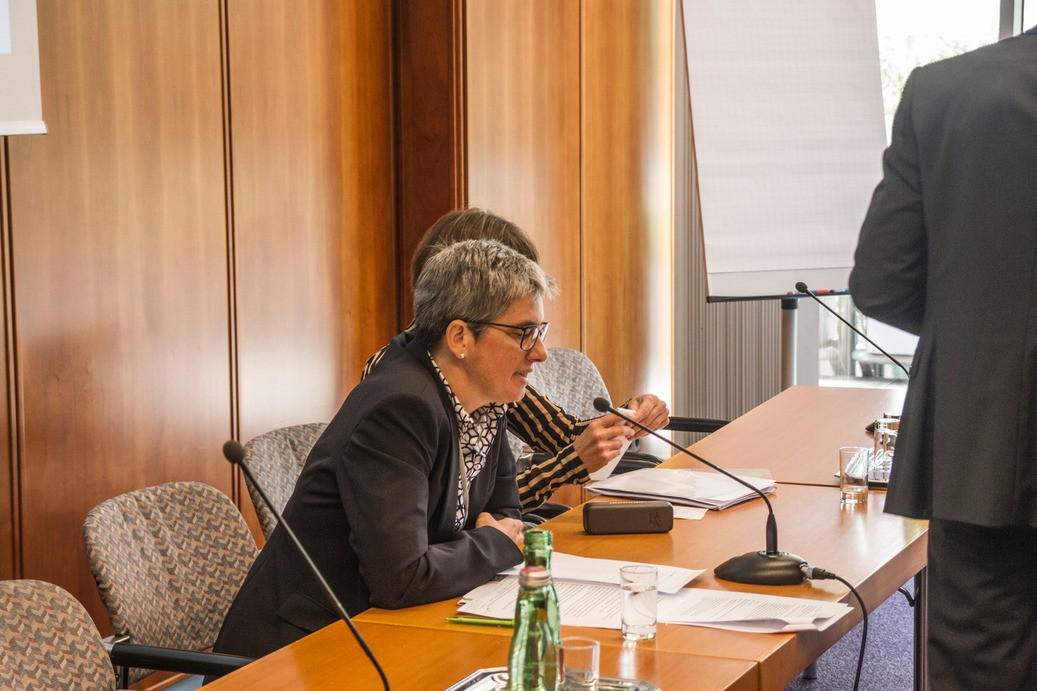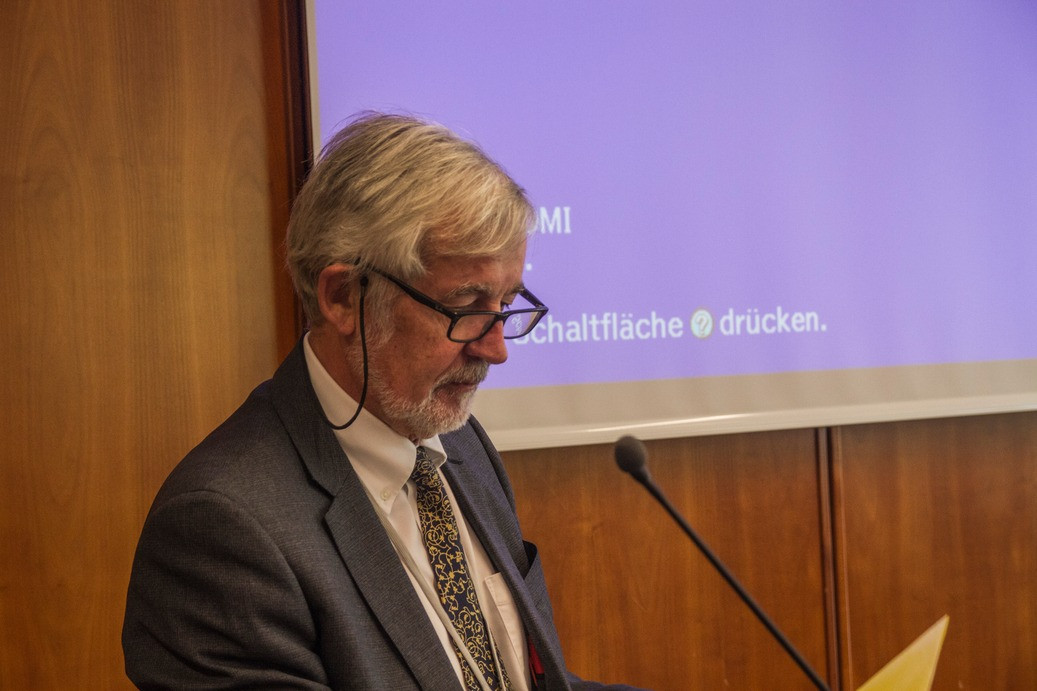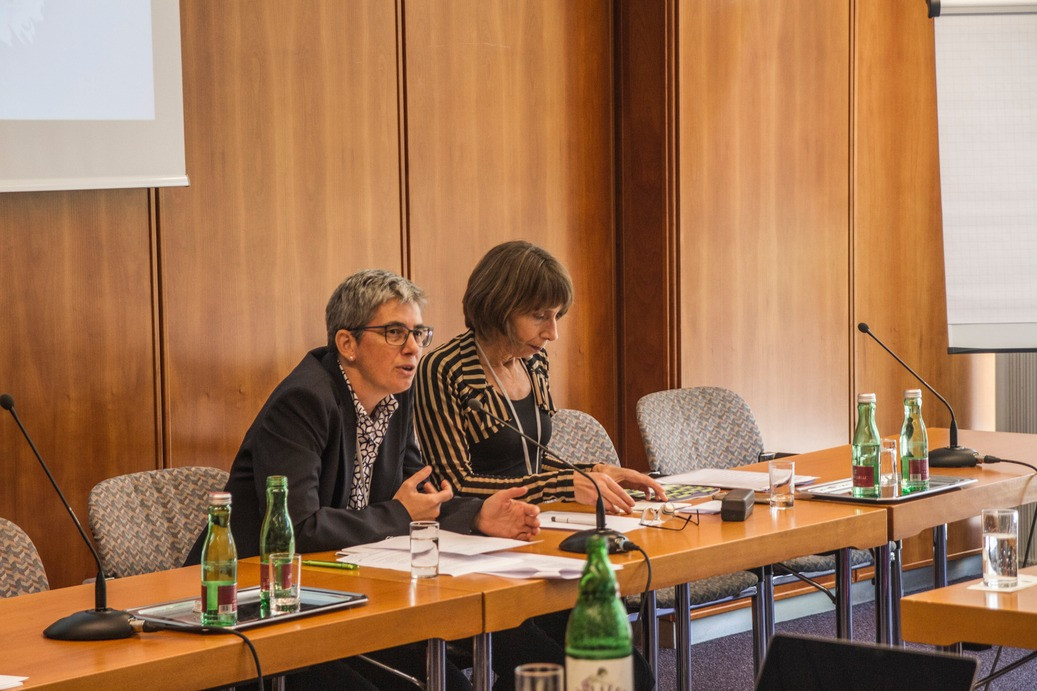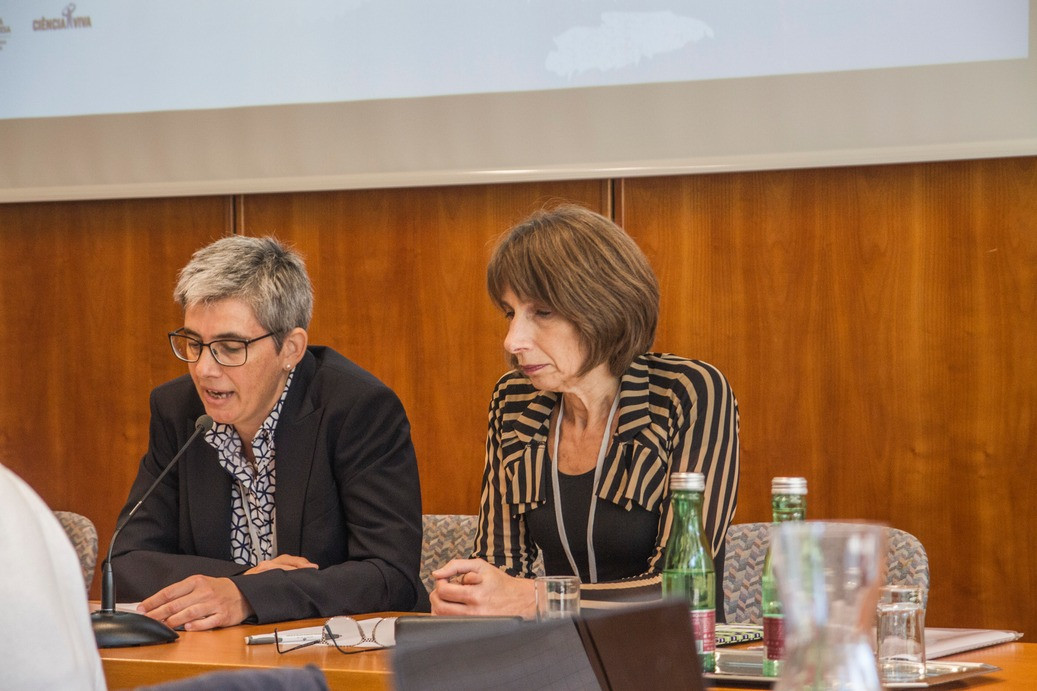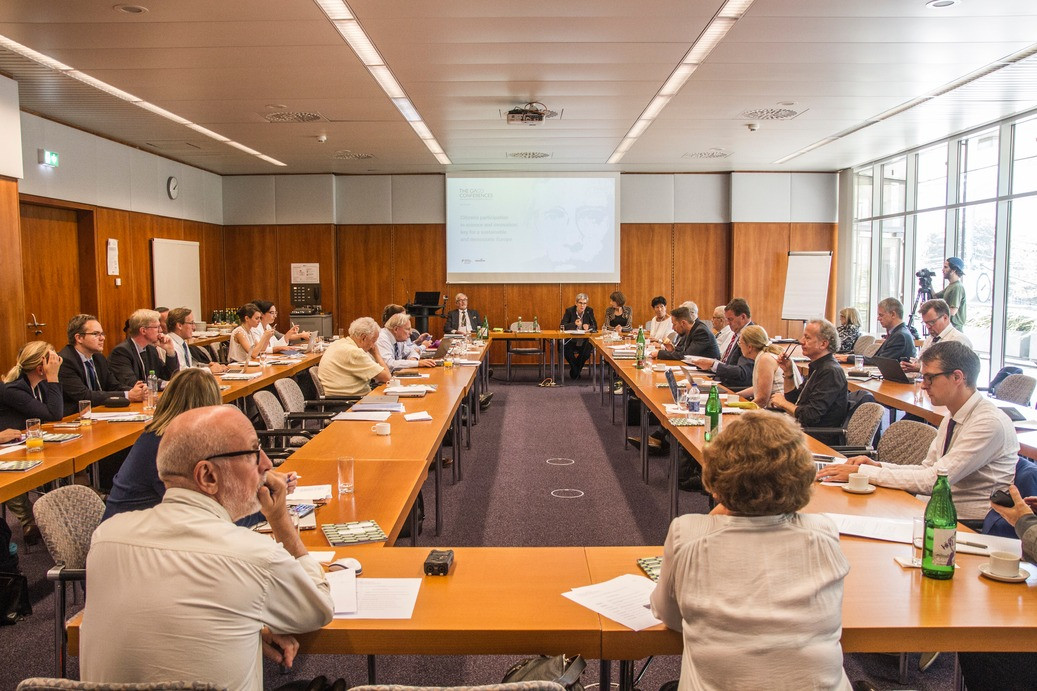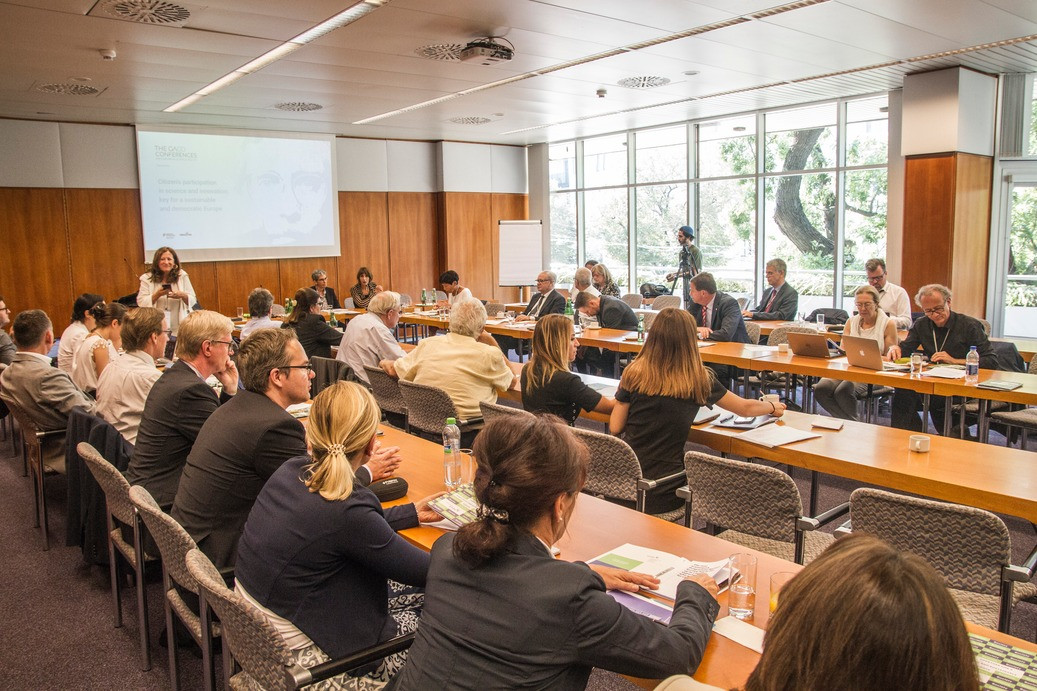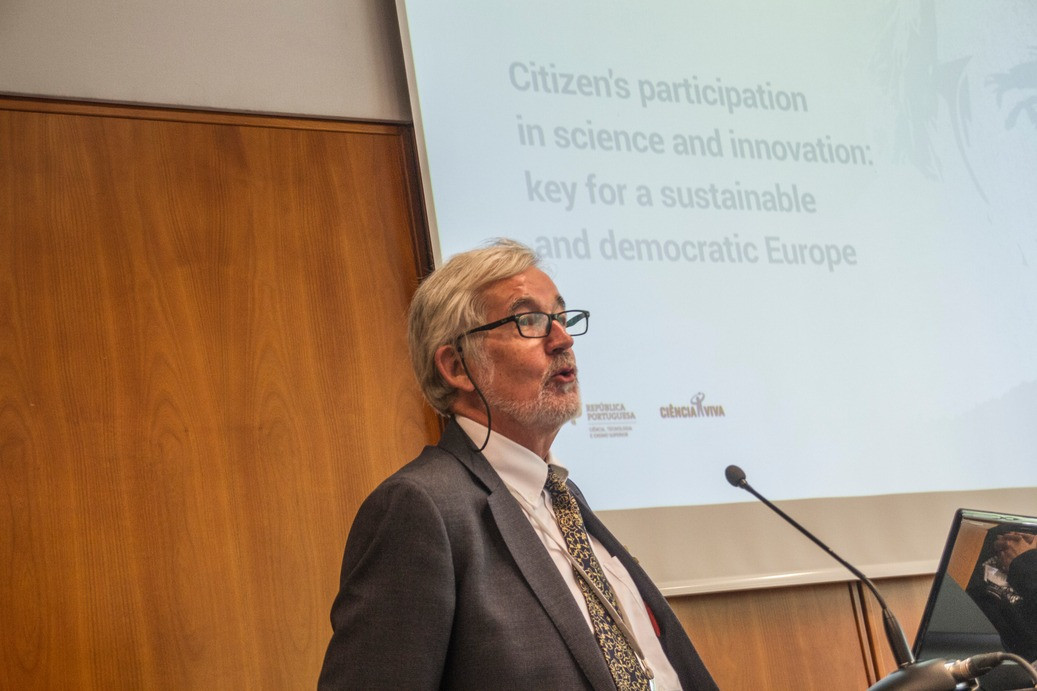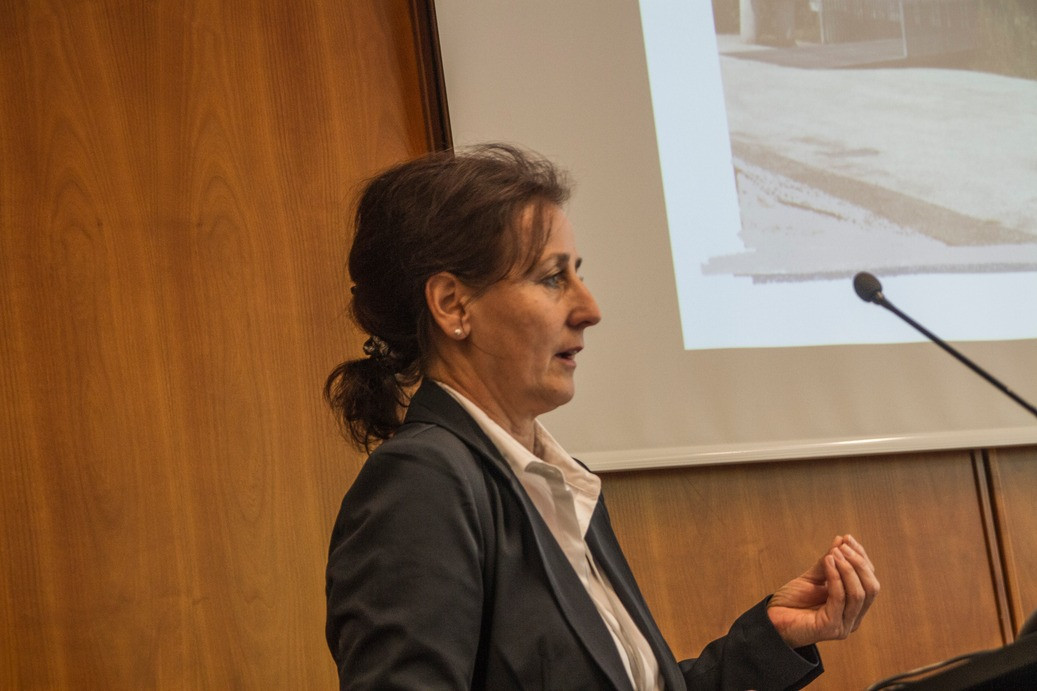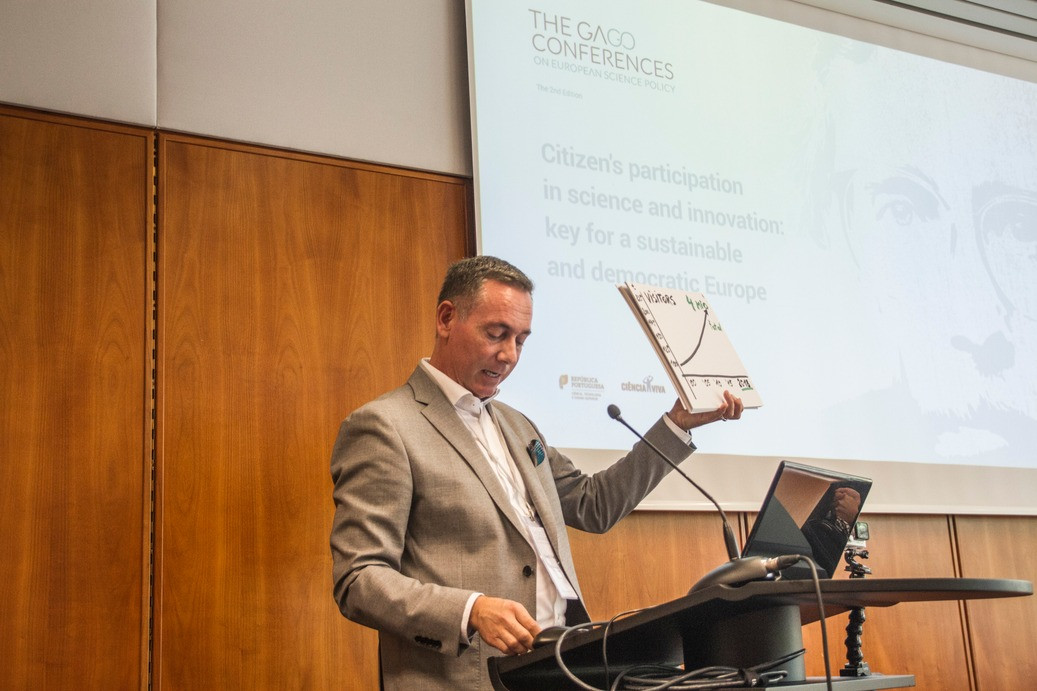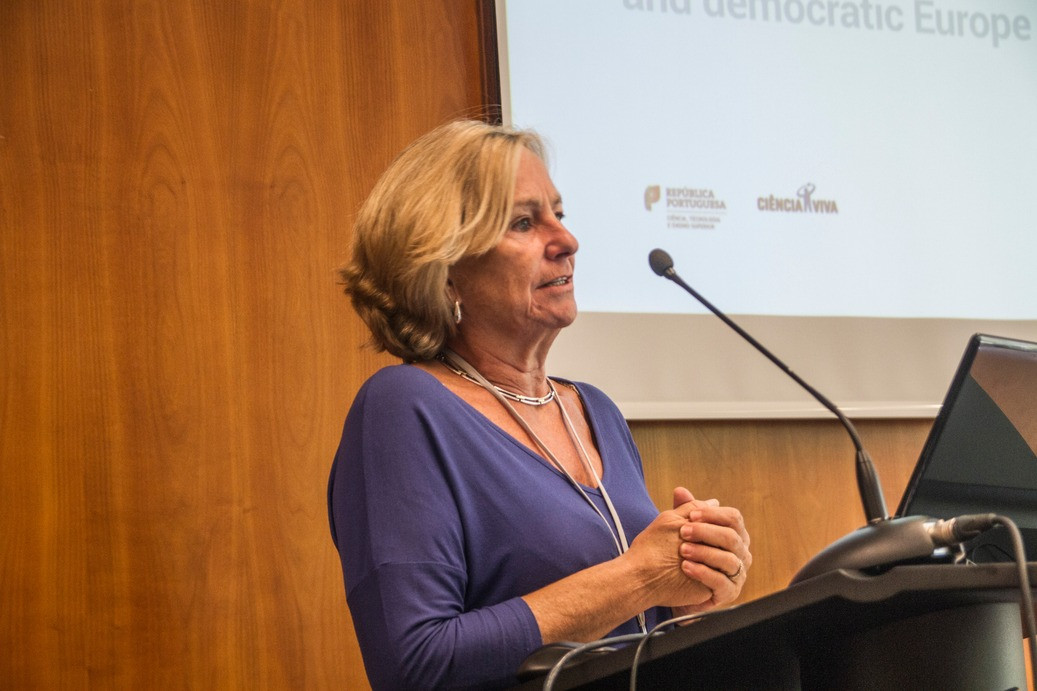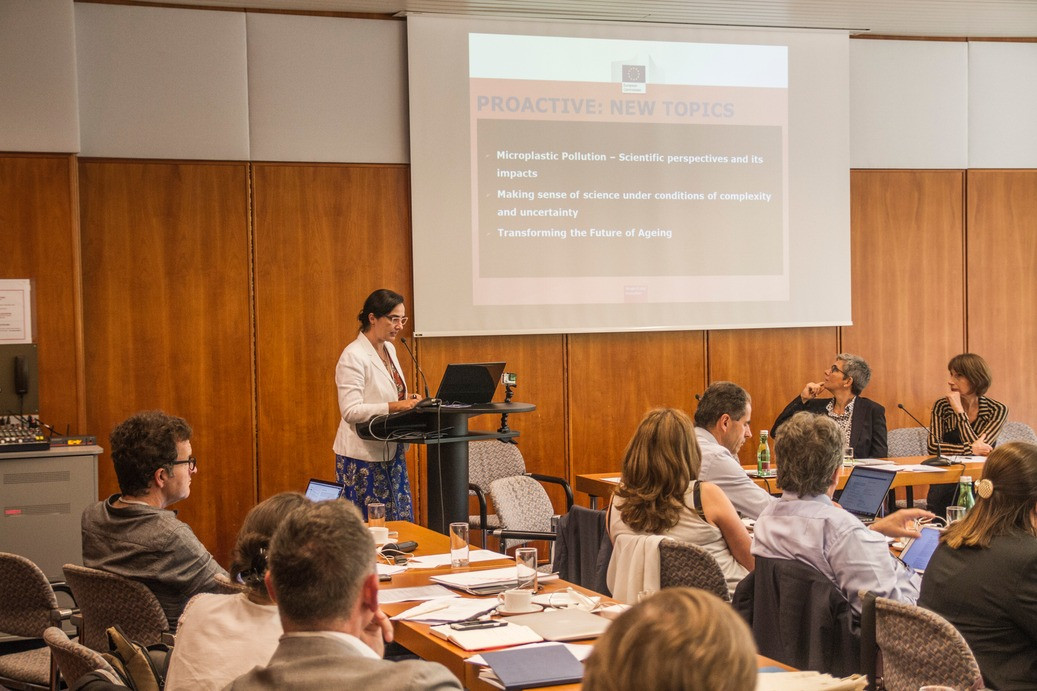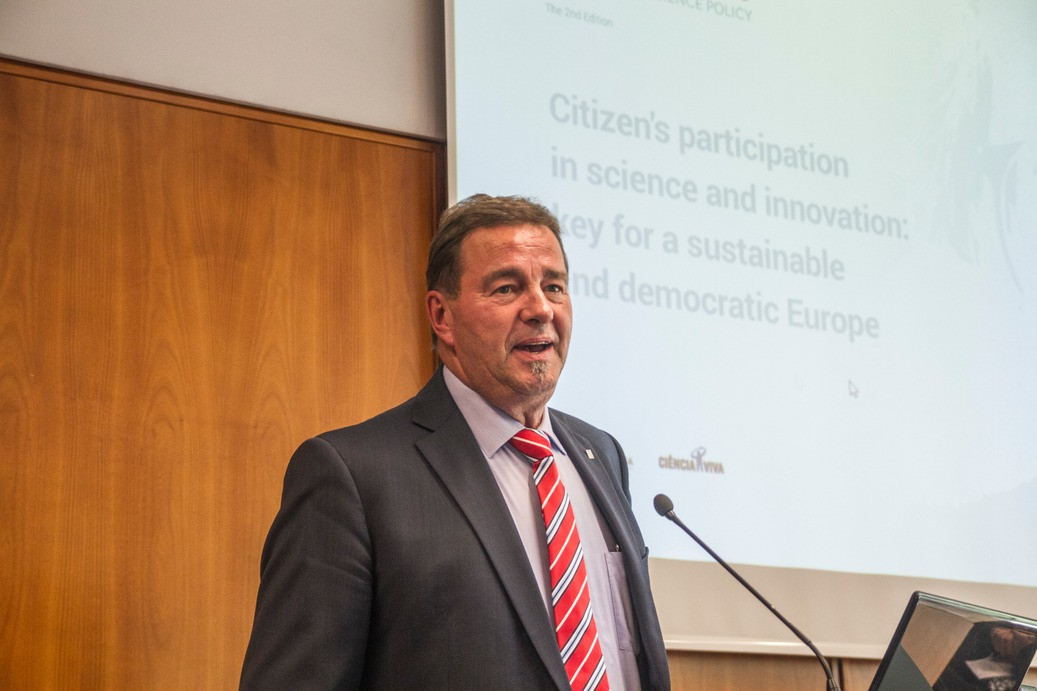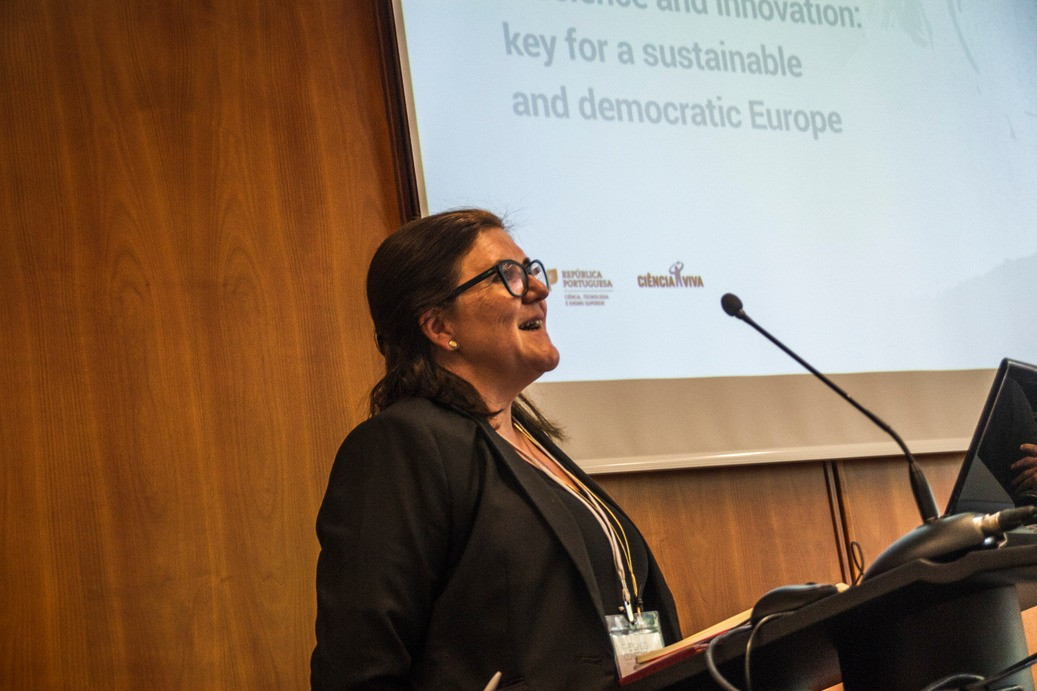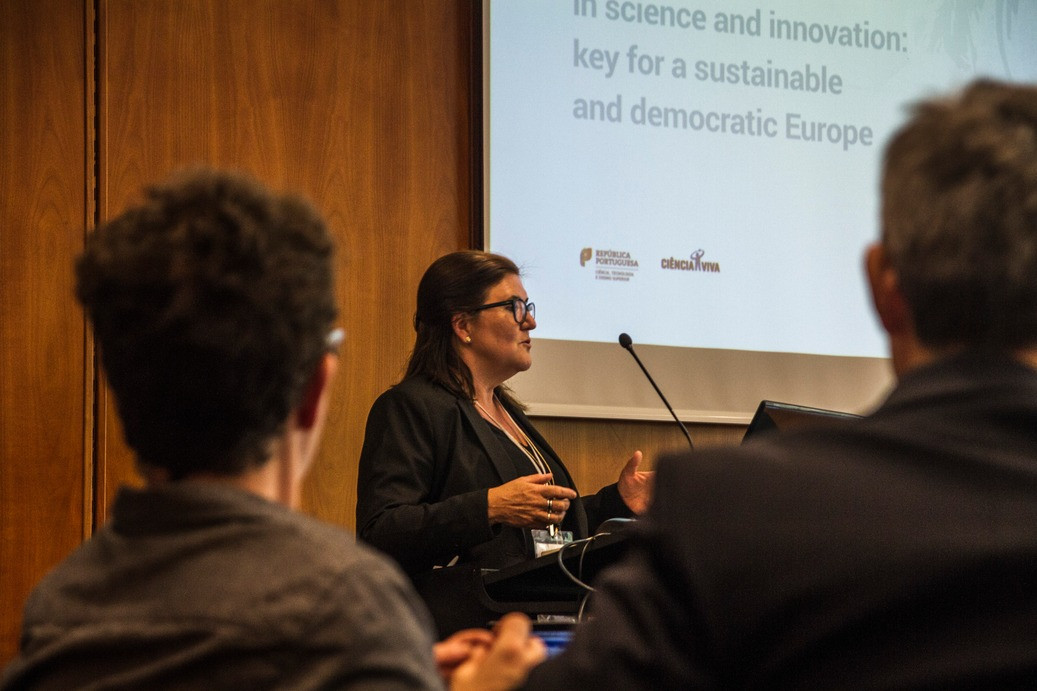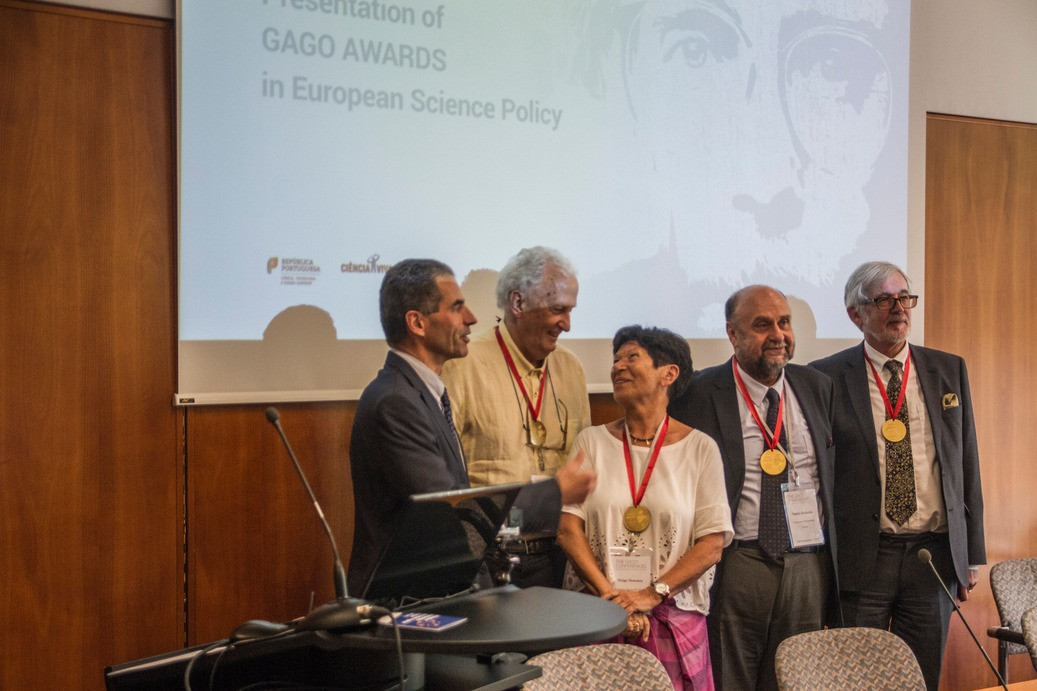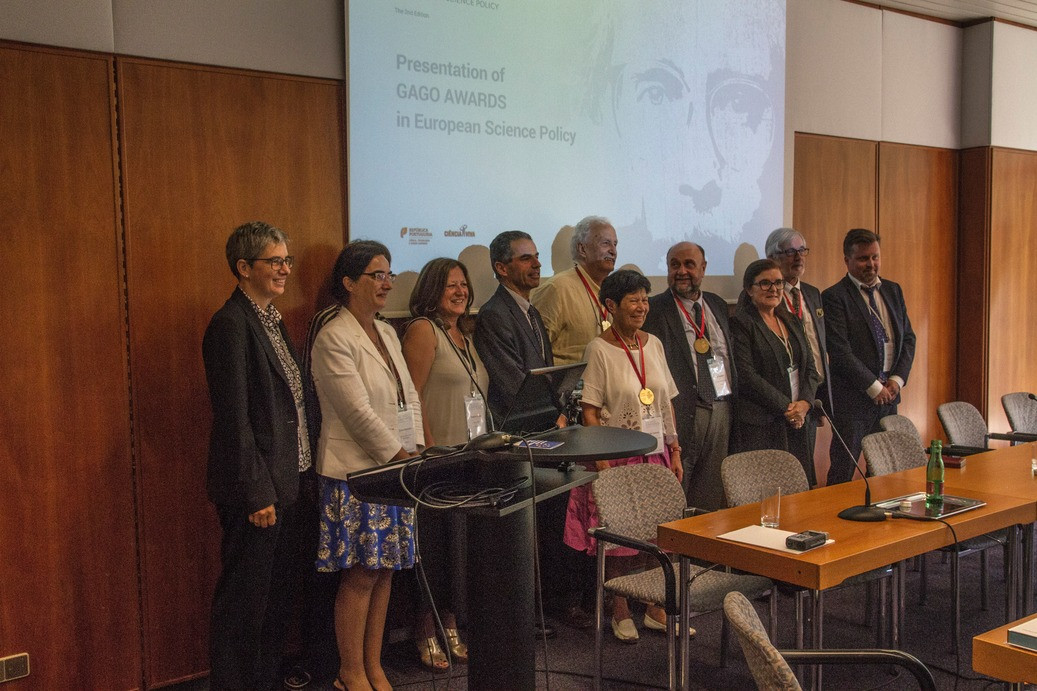The Gago Conferences on European Science Policy provide an international forum to strengthen the debate on emerging issues of research and innovation policy in Europe, as well as to promote the necessary involvement of major stakeholders in policy making and the diffusion of knowledge in science education and culture. The Conferences seek also to strengthen international scientific and technological cooperation networking in Europe towards a positive impact on a global scale.
Science and technology (S&T) are key global resources for our collective future, our wealth, job creation and shared prosperity, both at home and abroad. The impact of S&T and innovation are the result of a cumulative, long-term, collective and uncertainty process, involving an extensive division of labour, which requires massifying the training of human resources and qualifying the labour force in many economic sectors. Increasing interest in these processes has been driving innovative research and practice across a wide range of businesses and academic disciplines - from management, marketing, engineering and economics to public policy, sociology, history and law.
"Science is a battle ground, it's not neutral.
And if you know it's not neutral, it becomes interesting.
It can become part of the modern youth culture.
You must choose between generosity and greed,
between peace and war,
and choose between disclosing or hiding the truth"...
José Mariano Gago (2001)
The primary objective of these conferences is to bring together leading representatives from academic, business, social, culture and government sectors worldwide to present and discuss current and future issues of critical importance for European science and technology, including their impact to foster social and economic development and shared prosperity both at home and abroad. Multidisciplinary perspectives are encouraged to provide state-of-the-art and useful knowledge to decision makers in the private, public and social sectors - including informed and effective education, culture, business, government policies and strategies for Europe.
The Gago Conferences on European Science Policy provide an international forum to strengthen the debate on emerging issues of research and innovation policy in Europe, as well as to promote the necessary involvement of major stakeholders in policy making and the diffusion of knowledge in science education and culture. The Conferences seek also to strengthen international scientific and technological cooperation networking in Europe towards a positive impact on a global scale.
The 2nd Gago Conference on European Science Policy will assemble policymakers, parliamentarians, academia and other opinion leaders, to discuss science engagement for a Europe of knowledge. In particular, the role of science centres, museums and other institutions who promote the dialogue of citizens with scientists and innovators in the forthcoming Horizon Europe will be highlighted. The meeting will be limited to a short number of participants for a lively debate.
European citizens are, in general, supportive of science and its developments. However, the exponential growth of digitalisation, robotics, artificial intelligence and big data are deeply changing the job market and there are signs of a growing unease in some sectors of society. It is common understanding that such unrest can only be tackled through informed citizenship, stronger engagement with science and innovation, and ultimately increased participation of citizens in the setting and implementation of the R&I agenda.
Engaging citizens with science and innovation requires perceiving science as both practice and culture. Building scientific and technological culture demands the involvement of a wide scope of sectors, from European institutions to national governments, from companies to non-governmental organisations, from universities and research centres to organizations connecting people to science. Many advocates of public engagement, in particular those working in museums and science centres, feel that the new Horizon Europe does not go as far as it could in this regard.
As José Mariano Gago was one of the most effective supporters of museums and science centres, as key actors in the engagement of citizens with science, the 2nd Gago Conference will be dedicated to discuss their role in the forthcoming Horizon Europe.
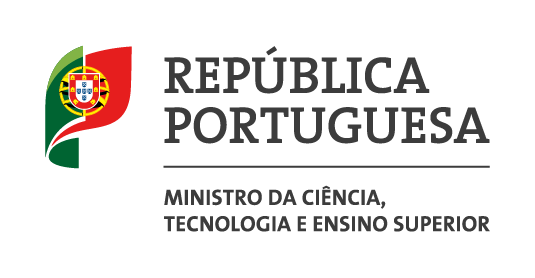

Location: Austrian Federal Economic Chamber
Wiedner Hauptstrasse 63, 1045 Vienna
Moderators:
Brief introductory interventions (5 min each):
Debate (40 min)
Moderators:
Brief introductory interventions (5 min each):
Debate (40 min)
Moderators:
Brief introductory interventions (5 min each):
Debate (40 min)
Moderators:
Brief final remarks:
| Agnieszka Kosciuszko | Deputy Director of the Scientific Centre of the Polish Academy in Austria |
|---|---|
| Alexandre Quintanilha | Chair of the Portuguese Parliamentary Committee on Education and Science, Portugal |
| Ana Delicado | Researcher, Institute of Social Sciences, Portugal |
| André Martinuzzi | Vienna University of Economics and Business, Institute for Managing Sustainability |
| Anna Ecker | European Parliament (Paul Ruebig MEP Assistant) |
| Anna Krivjanska | Slovak Centre of Scientific and Technical Information |
| Anna Omedes | Director of Natural Sciences Museum, Barcelona, Spain |
| Anton Zeilinger | President of the Austrian Academy of Sciences Austria |
| Barbara Streicher | Executive Manager, Austrian Science Centre Network, Austria |
| Carlos Catalão | Board member, Ciência Viva, Portugal |
| Catherine Franche | Executive Director of Ecsite |
| Chris Rapley | University College London, United Kingdom |
| Daniel Dörler | Citizen Science Network, Austria |
| Dina Lee Seguna | Communications Coordination for Junior Minister for Financial Services, Digital Economy and Innovation within the Office of the Prime Minister, Malta |
| Dmitrijs Stepanovs | Deputy Director for Science Policy, Acting Deputy State Secretary and Director of the Higher Education, Science and Innovation Department at Ministry of Education and Science, Latvia |
| Elvira Fortunato | Member of the European Commission Scientific Advice Mechanism (SAM), Portugal |
| Francesco de Lorenzo | President, European Cancer Patient Coalition - ECPC |
| Franco Ongaro | Director of Technology, Engineering and Quality e Head da ESTEC (European Research and Technology Centre - ESA), Noordwijk, Netherlands |
| George Gaskell | Professor, London School of Economics, United Kingdom |
| Gonçalo Praça | Ciência Viva, Portugal |
| Helga Nowotny | Chair, ERA Council Austria and Former President, European Research Council |
| Helge Torgensen | Austria Academy of Sciences, Austria |
| Iveta Hermanovska | Slovak Centre of Scientific and Technical Information, Slovakia |
| Jakob Calice | Secretary- General, Federal Ministry of Education, Science and Research, Austria |
| James Gillies | Strategic Planning and Evaluation, CERN |
| Jan Alfred Anderson | Head of Science Center Dep., The Norwegian Museum of Science and Technology, Norway |
| Jonas Bjorck | Director- General, Ministry for Education and Research, Sweden |
| Jorg Ehtreiber | Director, Children? Museum Graz, Austria |
| José Vitor Malheiros | Ciência Viva, Portugal |
| Josef Frohlich | Board member, Austrian Science Centres Network, Austria |
| Jószef Bódis | Minister of Education, Hungary |
| Julio Celis | Associated Scientific Director, Danish Cancer Society, Denmark |
| Karin Sipido | Head of Experimental Cardiology, Department of Cardiovascular Sciences KU Leuven ; Scientific Panel for Health H2020, Belgium |
| Lana Franceska Dreimane | Senior Expert for Science Policy at the Higher Education, Science and Innovation Department at Ministry of Education and Science , Latvia |
| Manuel Heitor | Minister for Science, Technology and Higher Education, Portugal |
| Marie Couëdic | Special Projects Assistant, Ecsite Office, Brussels |
| Marion Poetz | Scientific Director, Ludwig Boltzmann Association - Open Innovation in Science Center / Copenhagen Business School |
| Marika Cieslinski | Center for Citizen Science, Austria |
| Patrik Helmich | Division of Science and Technology, Ministry of Education, Research and Sport, Slovakia |
| Paula Galvão | Chief-officer of Business and Strategic Relations Office, International Iberian Nanotechnology Laboratory |
| Paulo Trincão | Director, Exploratório Coimbra, Centro Ciência Viva, Portugal |
| Peter Nagy | Head of Department, National Institute of Oncology, Hungary |
| Peter Tindemans | General Secretary, Euroscience |
| Ricardo Serrão Santos | Member of the European Parliament, Portugal |
| Roberta Albanese Dalli | Private Secretary for Junior Minister for Financial Services, Digital Economy and Innovation within the Office of the Prime Ministe, Malta |
| Rosalia Vargas | President, Ciência Viva, Portugal |
| Sieglinde Sumper | Director, Mitmach Museum, Austria |
| Simon K. Posch | Director, Haus Der Musik BetriebsgesmbH, Austria |
| Simonetta di Pippo | Director, United Nations Office for Outer Space Affairs |
| Teresa Riesgo Alcaide | General Director of Research, Development and Innovation, Spain |
| Teresa Riera | University of the Balaric Islands. Member of the RISE (Research, Innovation, Experts on Scientific Policies) HL-Group, EC. Former MEP, rapporteur for Horizon 2020 |
| Thomas Koenig | Institute for Advanced Studies Vienna, Austria |
| Ulises Cortés | High Performance Artificial Intelligence Group Manager, Barcelona Super Computing Center, Spain |
| Ulrik Ringborg | Director , Cancer Center Karolinska, Sweden |
| Vasilis Koulaidis | Department of Social and Educational Policy, University of Peloponnese, Greece |
| Wilfried Ellmeier | Professor of Immunobiology, Medical University of Vienna, Austria; President Elect of the BioMed Alliance |
| Wilfried Sihn | Managing Director Fraunhofer-Austria Research, Austria |




Level/Area C
Conference Room 5
Address:
Wiedner Hauptstrasse 63
1045 Vienna
